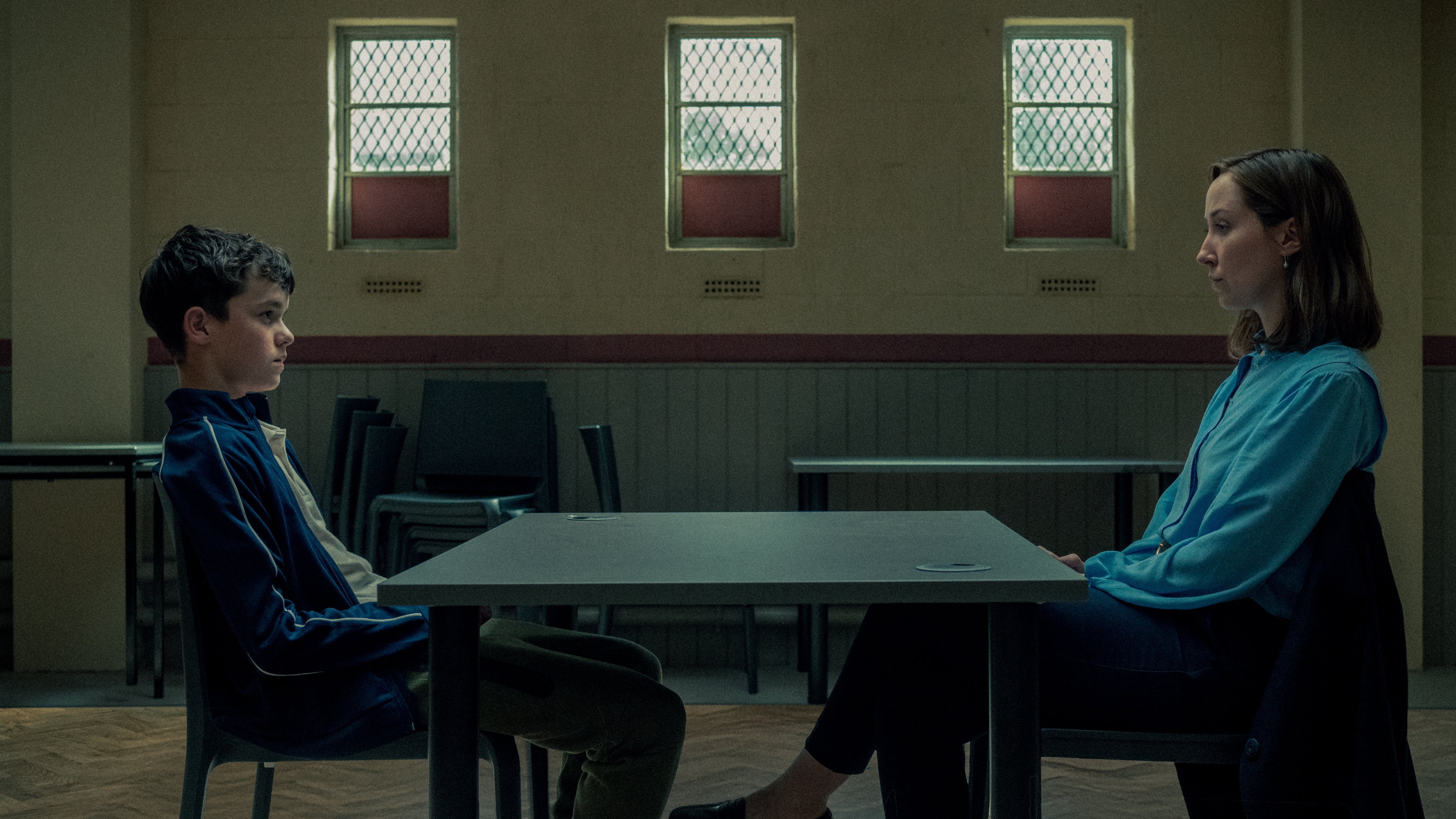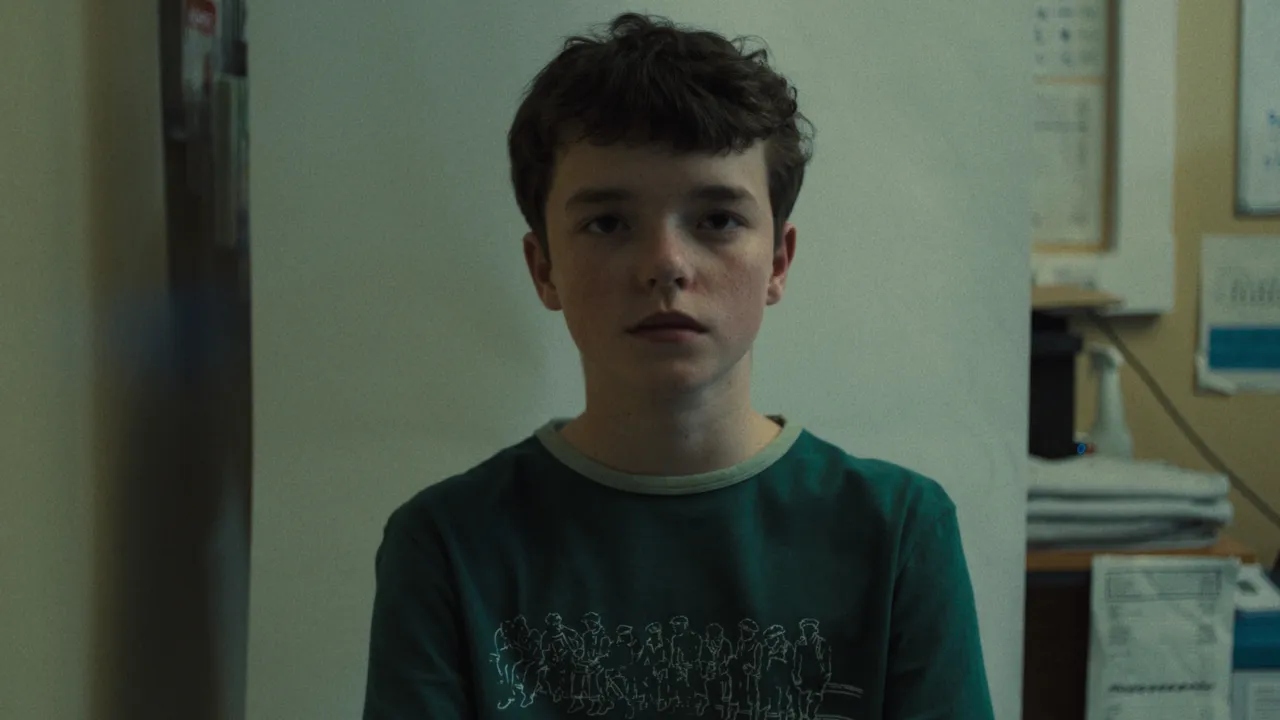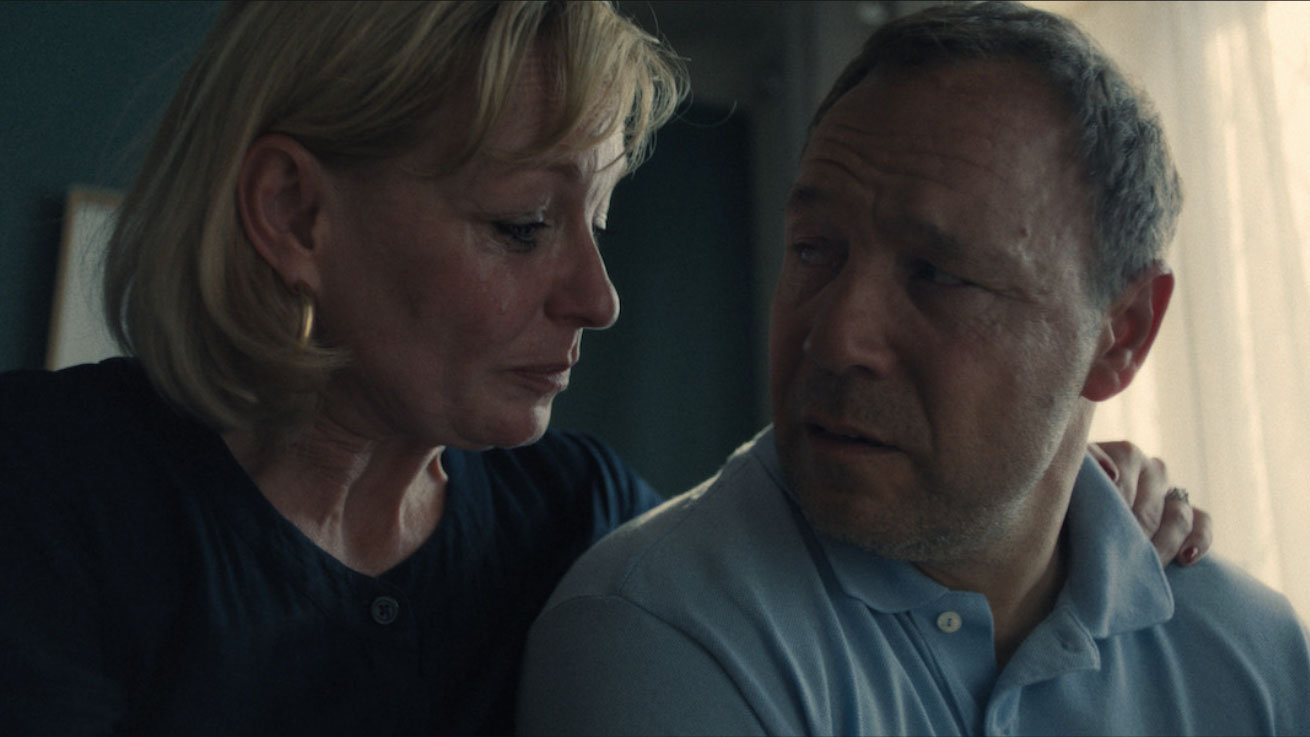
With Netflix announcing Adolescence will be available to be shown in schools, it's vital parents get involved in conversations about it with their children, according to an expert.
Adolescence tells the harrowing tale of a schoolgirl stabbed to death by a 13-year-old classmate, Jamie, and shines a light on the toxic world of misogyny and violence young people can be exposed to online.
The show is a vital source of important lessons we can learn, from highlighting the pressure on young people growing up on the internet and raising awareness of the growing online culture of violence towards women and girls. The show has set social media alight and been discussed in parliament - and it will now be made available to all secondary schools across the UK.
Some parents will feel understandable trepidation about the prospect of the series being shown in their child's school. However, author of What's My Teenager Thinking?: Practical Child Psychology for Modern Parents, Tanith Carey, believes showing Adolescence to teens is a positive step, particularly for young girls. It's vital parents know how to start discussions about it outside of school, though.
Tanith tells woman&home, "In my view, it's fine to show it in schools, but parents also need to get involved."
What to do if your child is watching Adolescence in school
With Adolescence having become a huge national conversation, parents shouldn't hide the issues it covers from their teenagers, even if they want to. "The best approach would be for parents to watch it on their own first," Tanith says.
"They can then process any difficult feelings and get on the same page, which will help them provide calm, helpful answers to any questions."
If parents choose to watch the series with their young people, Tanith stresses the importance of discussing it together as a family, even before they see it at school. This allows young people to view it in a safe and supportive place and with the benefit of a "loving adult perspective".

It's also important to highlight to teens that, while Adolescence portrays important and real issues, they do not need to be wary of all of their male peers.
"One important point I think parents do need to tell their daughters is that, as realistic as the drama feels (due to the single-shot approach and excellent acting), incidents like this between 13-year-old classmates are extremely rare.
"There would likely be loads of red flags before anything like this happens (such as the Southport teen case). This will help girls to understand not every male classmate is capable of this behaviour."
Tanith also urges parents to view the series as an opportunity to talk to their daughters about how they treat and see boys, ensuring it's not seen as a "tool" for shaming male classmates. Parents can reiterate the importance of treating all classmates with dignity, no matter their gender or sexual experience.
"I also think young teen girls will find Adolescence less disturbing if they feel empowered to be part of the generation that will change things," Tanith says, adding, "Parents and schools could support girls by encouraging them to campaign against this issue."
"This could include writing to MPs and social media companies, signing petitions, and learning to question online misogyny. This enforces the message that both boys and girls suffer when the issues covered in Adolescence go unchecked."

Because girls are sure to hear the series talked about among peers and are likely to see fragments of Adolescence on each other’s phones - Tanith believes without discussing the snippets they access with a caring adult, they can look even more frightening. So it's all the more important to provide the right context and a more detailed outlook.
Tanith concludes by telling us, "There are age-appropriate ways to discuss its issues with younger teen girls without making them afraid they’ll be harmed for saying 'no' to a boy’s request. That said, parents do need to be clear on their own views first."







